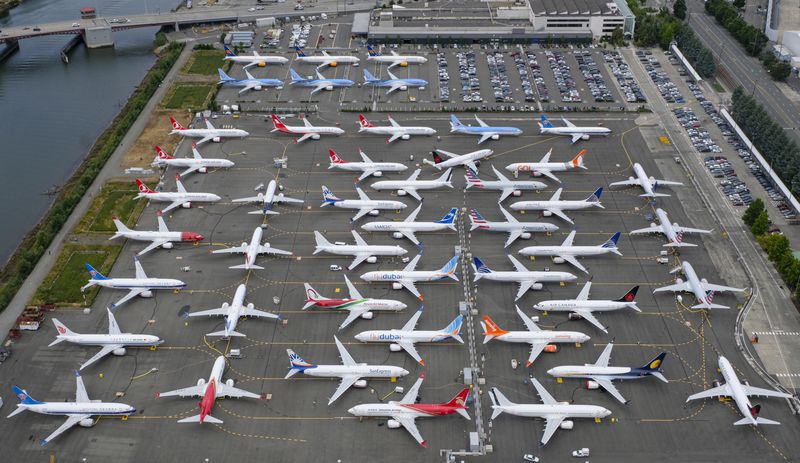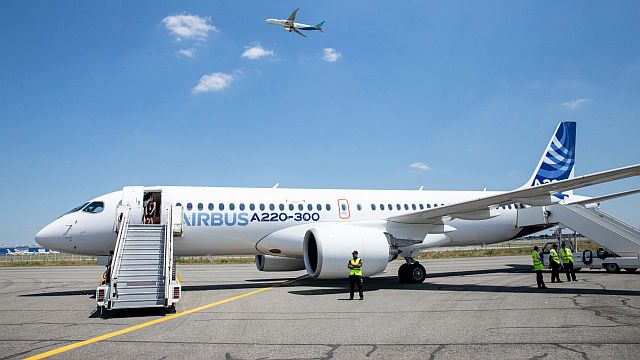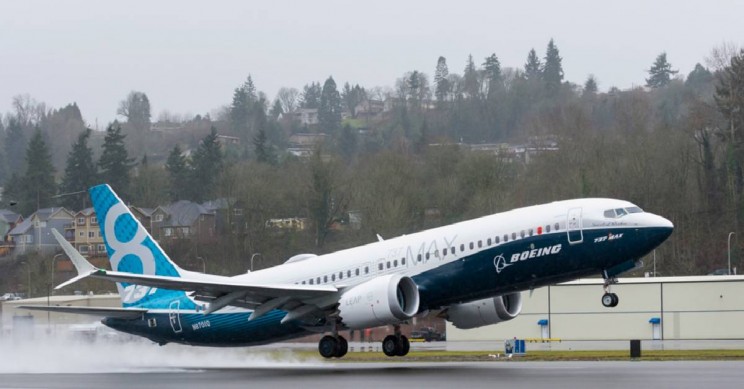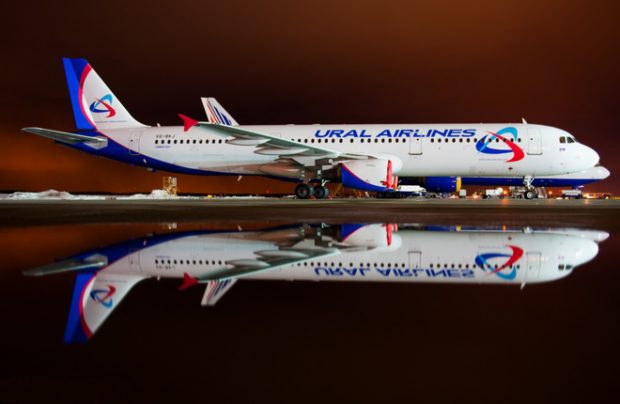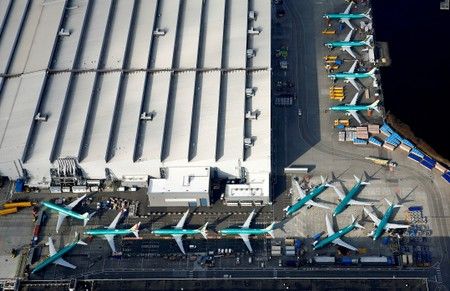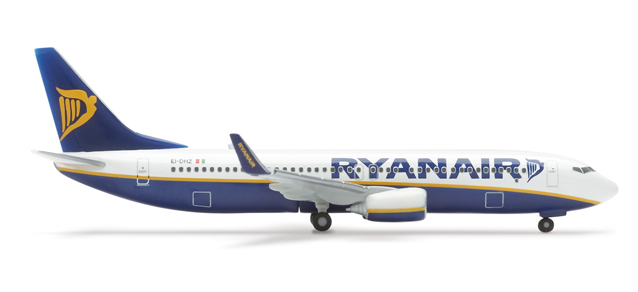– Market faces potential surplus of 1,000 jets next year
– Air Lease CEO less worried about surge in MAX deliveries
– Older aircraft won reprieve during MAX grounding
– Boeing aims to deliver record-matching 70 MAX a mth on return
HONG KONG, Nov 5 (Reuters) – Airlines struggling to cope with the grounding of the 737 MAX could face a markedly different problem when Boeing Co’s best-selling jet is cleared to re-enter service: a switch to concerns about aircraft oversupply, carriers have been warned.
The U.S. planemaker has continued to produce the jet since it was grounded in March after two fatal accidents, and is expected to speed deliveries by 40%, to 70 units a month, when its factory doors reopen, in a bid to clear the backlog.
Rob Morris, global head of consultancy at UK-based Ascend by Cirium, said the combination of any rapid rebound in deliveries, economic worries and an accumulation of market pressures dating back before the crashes could make it hard to absorb the jets.
“Next year is the challenge. When the dam breaks and the MAX starts to flow, there are going to be a lot of aircraft,” Morris told financiers at a Hong Kong briefing late on Monday.
“There could potentially be as many as 1,000 surplus aircraft next year.”
The forecast is based on both a rebound in MAX deliveries and a potential glut of second-hand airplanes flooding back onto the market after standing in for the MAX during the grounding.
The crisis has rekindled demand for older and less efficient jets, with airlines using more than 800 planes that are more than 15 years old, compared to conditions four years ago, Morris told the Airline Economics Growth Frontiers conference on Tuesday.
TWO-YEAR LOG JAM
Until now, most concern has focused on whether regulators would permit an orderly return to service by avoiding gaps in approvals by different countries.
But Morris, who has warned a long up-cycle in aviation is nearly over, said there were also risks in opening floodgates too quickly, overwhelming fragile growth in travel demand.
Still, he and other delegates at back-to-back aviation finance gatherings in Hong Kong agreed it would take Boeing 18 months or longer to deliver all the stranded aircraft.
The operation will be one of the industry’s biggest ever logistical challenges and any glitches or delays could further brake supply.
“Getting all those aircraft, that are currently parked, off the ground could take two years,” John Plueger, chief executive of Air Lease Corp, told Reuters, adding he did not see fundamental changes as a result of the MAX’s return.
“It is not as if all these MAX could be delivered over a one-, two- or three-month period … so it is not an open floodgate and 350 planes all coming onto the market tomorrow,” he said on the sidelines of last week’s Airfinance Journal Asia Pacific conference.
Boeing aims to return the 737 MAX to service in the United States by the end of 2019, after making software changes in the wake of the crashes, which killed 346 people.
Europe’s top regulator said on Monday the airliner is likely to return to service in Europe in the first quarter of 2020.
Analysts say more than 300 MAX aircraft have been produced since March, when commercial flights were banned and deliveries frozen. This could rise to 400 by the time it resumes service.
Boeing is additionally expected to deliver close to 600 jets straight from the production line next year. It has indicated it plans to deliver up to 70 jets a month, equal to a previous record. Of this, analysts say around 20 are expected to be drawn from inventory parked at its factories and the rest newly built.
(Reporting by Tim Hepher and Anshuman Daga in Hong Kong Editing by Matthew Lewis and Clarence Fernandez)
